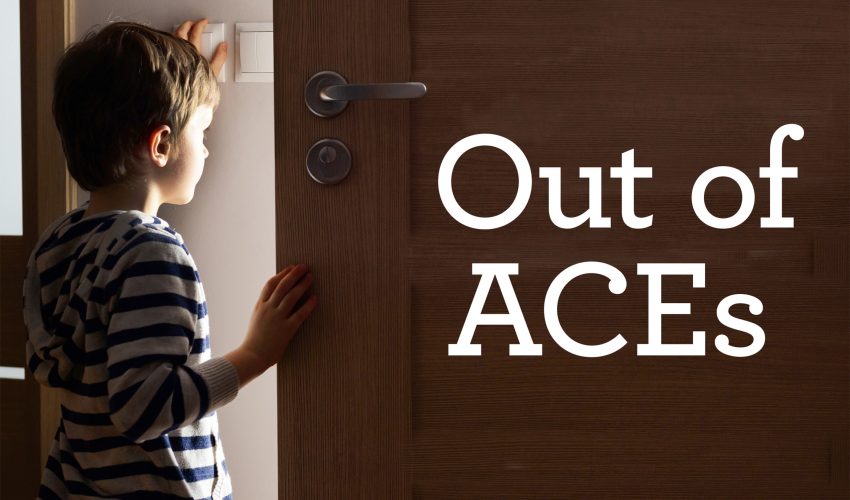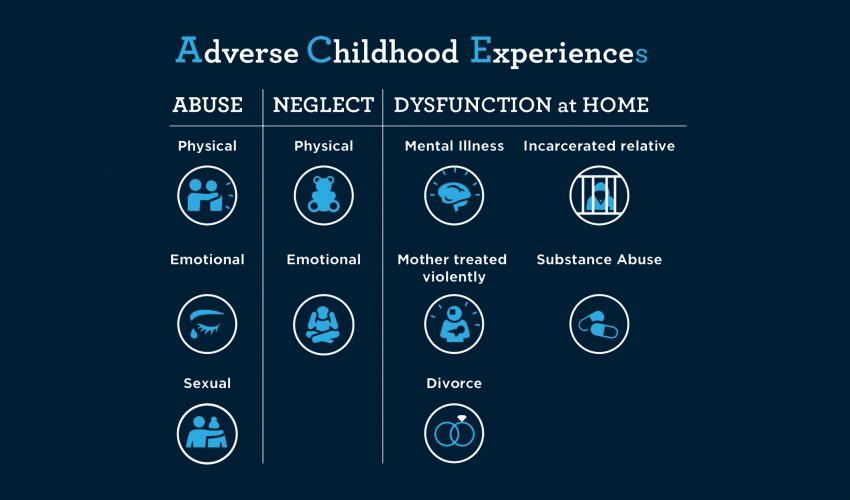Jump to survey.
What are ACEs?
Adverse Childhood Experiences (ACEs) are stressful or traumatic experiences that disrupt the safety and stability children need to thrive.The most common ACEs are:
What’s your ACE score?
Answer yes or no to the questions below to calculate your score.
What ACEs mean
Adverse childhood experiences create toxic stress, which disrupts brain development, physically altering DNA.
- When children with ACEs grow up, they are more likely to experience poor medical and mental health outcomes, as well as issues such as violence and incarceration.
- The more ACEs you have, the more likely you are to experience these outcomes, especially if your score is 4 or higher.
A recent study found:
- 61% of Tennesseans had at least 1 ACE and
- 24% had 3+, which is equal to nearly 1 in 4 Tennesseans.
Fact, not fate
It’s important to remember an ACE score is a set of facts, not fate.
It doesn’t factor in lifestyle, genetics or positive experiences that build resilience, such as having a long-term relationship with one caring adult.
The ACE survey is a tool that helps people determine their risk factors and why they might act or feel the way they do, and it should be used as a starting point.
To learn more about ACEs, click here or use the resources below.

Click here to learn how Tennessee is shifting the focus from intervention to prevention with regard to ACEs.
Resources
Learn
To learn more about adverse childhood experiences, explore these resources:
- Tennessee Commission on Children & Youth: Tennessee’s ACEs Initiative
- kidcentral tn: Protecting Your Child and Building Resiliency
- ACE Awareness Foundation
- Tennessee Department of Health
- Centers for Disease Control and Prevention
- Robert Wood Johnson Foundation
Talk
To speak with someone:
- At the Tennessee Parent Helpline, call 800-CHILDREN (800-356-6767).
- At United Way’s comunity support line, call 2-1-1.
- At the Parent Support Warm Line administered by Le Bonheur Children’s Hospital, call 844-UPP-WARM (844-877-9276).
Read
To read more about ACEs from Better Tennessee, click here.




